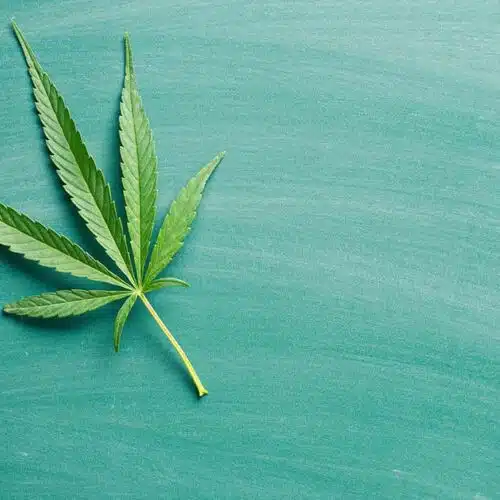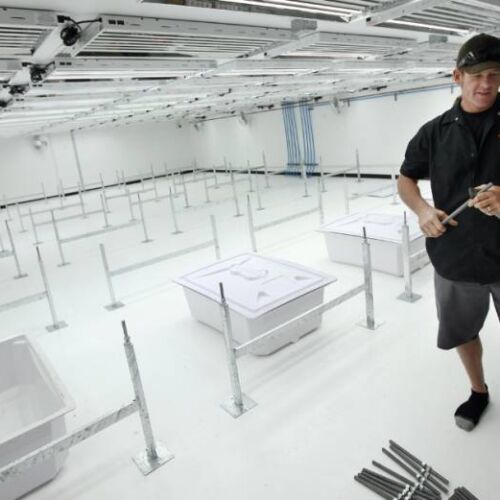Border States Voting on Recreational Marijuana
Five states will vote Nov. 8 on whether to allow recreational marijuana, including Arizona and California, the first two states that border Mexico to vote on legalization. Data from the DEA shows that, yes, legal marijuana in Arizona will cripple the cartel.
If Arizona’s ballot measure passes, legal access to marijuana will be available in a location that has long been a center of drug smuggling. In cities such as Nogales, Arizona, smugglers are seen almost daily climbing the fence that borders Mexico, with backpacks full of illegal marijuana. The general crime rate in Nogales is above the U.S. national average. In 2015, the overall level of crime in Nogales showed a slight decline. However, the State Department crime rating was raised to “critical” midway through 2015 based on the sharp increase from 2014-2015. No area of Nogales doesn’t have a track record of violent crimes. The area between El Periferico highway and Avenida Obregon is considered to be a little safer; however, violent crimes often occur there, with a higher frequency after dark.
“This is a day-in and day-out fight,” said Col. Frank Milstead, head of the Arizona Department of Public Safety. “I can’t tell you that a day goes by that we don’t actually interdict somebody smuggling some sort of drug into the state.”
The Response From Drug Cartels
Law enforcement leaders fear that the change will actually strengthen cartels. They are afraid that members of the cartel will get into the legal marijuana business in Arizona or that the change may influence them to sell harder drugs.
Advocates of legalization say it will undercut the cartels by eliminating a the main profit driver of their business. From the U.S. Border Patrol ” Data shows that last year, marijuana seizures along the southwest border tumbled to their lowest level in at least a decade. Agents confinscated roughly 1.5 million pounds of marijuana at the border, down from a peak of nearly 4 million pounds in 2009. The data supports the many stories about the difficulties marijuana growers in Mexico face in light of increased competition from the north. As domestic marijuana production has become a legal option in California, Colorado and Washington, marijuana prices have fallen, especially at the bulk level.”
From fiscal year 2011 to 2015, the number of seizures made by the agency nationwide fell by 39 percent. In the Tucson area, at one point the busiest smuggling corridor in the nation, seizures fell by 28 percent, according to Border Patrol statistics.
Even with the dip in seizures, mass amounts of illegal cartel supplied marijuana, still tries to come into the country. The Border Patrol statistics showed they seized nearly 800,000 pounds last fiscal year in the state. Another 120,000 pounds was seized at border crossings in the Tucson area.
“Now cartels have competition,” Alfaro said when asked by the Washington Post “They have to compete with legitimate business in the U.S. with product that is more pure, with regulations on the shelf and prices.”
“The quality of marijuana produced in Mexico and the Caribbean is thought to be inferior to the marijuana produced domestically in the United States or in Canada,” the DEA wrote last year in its 2015 National Drug Threat Assessment. “Law enforcement reporting indicates that Mexican cartels are attempting to produce higher-quality marijuana to keep up with U.S. demand.”


